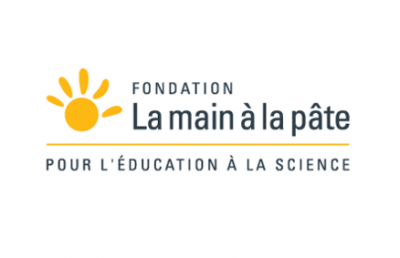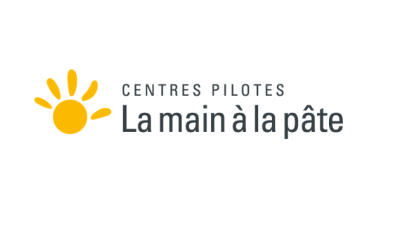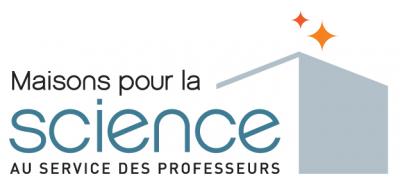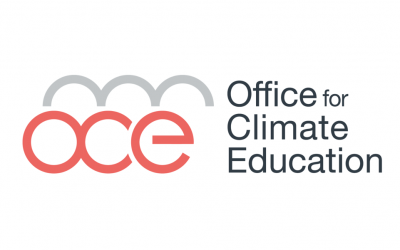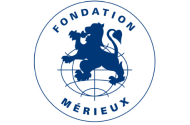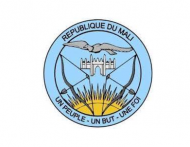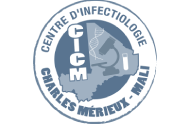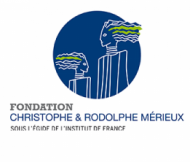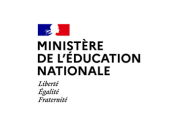Francophone Africa, Mali: Science and health education, an online self-training device for teachers
Thanks to the work done in an initial science and health education project in Mali, an extension project to other French-speaking African countries sharing a similar epidemiological context is being implemented between 2019 and 2022.
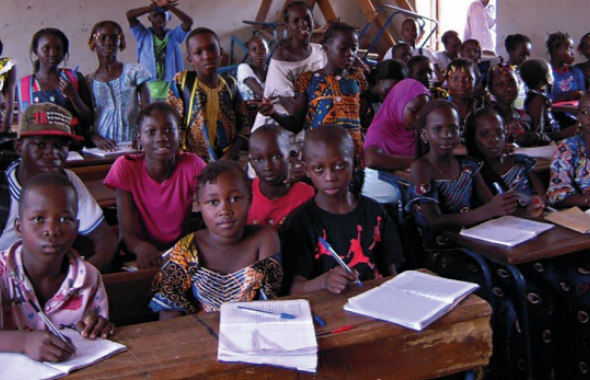
The objectives of the project
The overall objective of this project is to capitalize on the work done in Bamako schools over four years, between 2015 and 2019, and disseminate it to strengthen the training of science teachers in relation to health.
More specifically, the goal is to create a remote self-training system in close collaboration with Malian actors, trainers, teachers and researchers. This device is meant to be complementary to face-to-face training.
It will allow them to emphasize classroom practices and education in science and health based on investigation, through the three themes that served as a common thread for the first actions - water, air and the human body -, establishing for each of them a strong link with infectious diseases.
Although designed in Mali, this device is also intended to be used by teachers and trainers in other French-speaking African countries facing similar health problems.
This project is conducted in partnership with the Charles Mérieux Infectious Disease Center, Fondation Mérieux and the Malian Ministry of Education. It is supported by Fondation Christophe et Rodolphe Mérieux, Fondation Mérieux and the Delegation for European and International Relations and Cooperation of the French Ministry of Education.
Project presentation
Our work
The online self-training device for teachers and trainers is based on the turnkey classroom sequences already produced:
- Two modules on science and health education (sixth and fifth grades), for a total of 10 class sequences averaging 5 sessions each, or approximately 50 available class sessions covering:
- The science program on three themes: water, air and the human body;
- Health education on the following diseases: poliomyelitis, tetanus, bilharzia, measles, malaria, meningitis, diarrhea, whooping cough, tuberculosis, diphtheria, HIV-AIDS)
- A pedagogical support module.
DISCOVER THE PROJECT AND THE RESOURCES ALREADY PRODUCED
In addition to these resources, it will include:
- Interactive activities (e.g., learning about disease cycles);
- Technical videos (e.g. why and how to do a dissection?);
- Pedagogical videos (e.g.: the investigation process with large groups);
- Scientific clarifications for teachers by scientists (French, Malian, Senegalese...) in the form of videos (e.g.: what is the difference between a microbe, a bacterium, a virus, a parasite?) or documents to update knowledge on the content covered (in particular "student" summaries);
- Testimonials from students, teachers, principals, and trainers.
